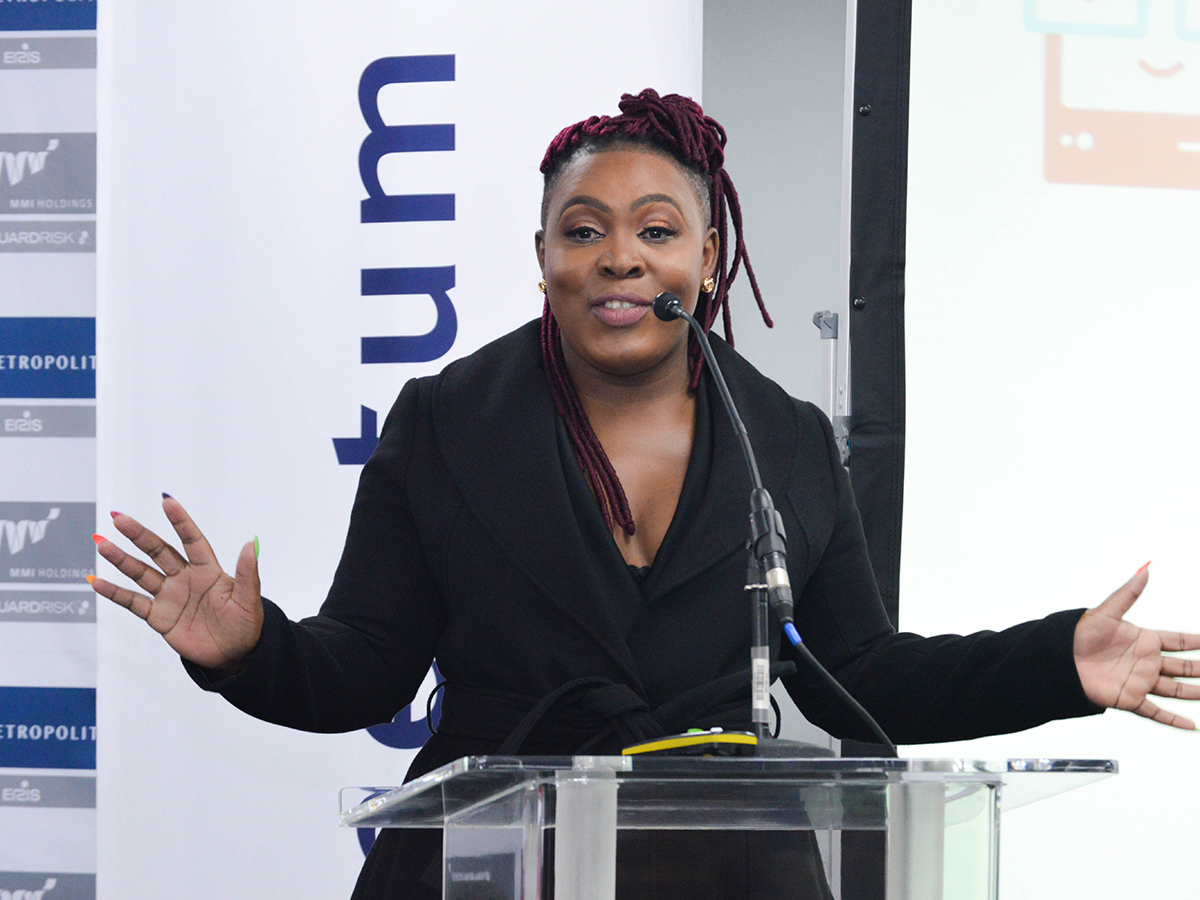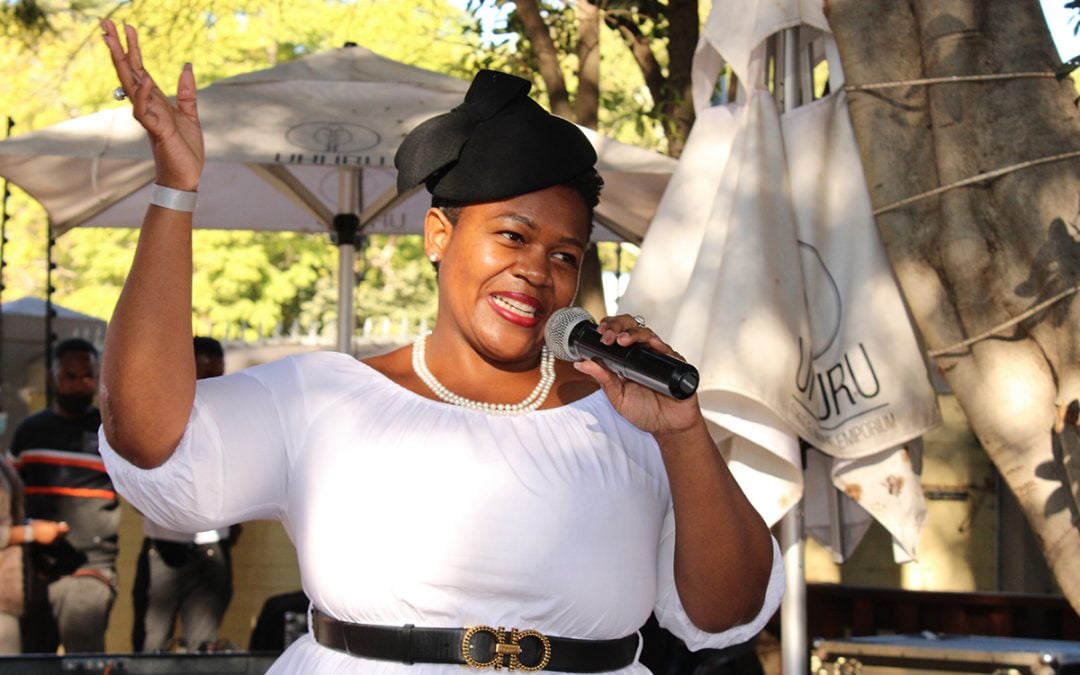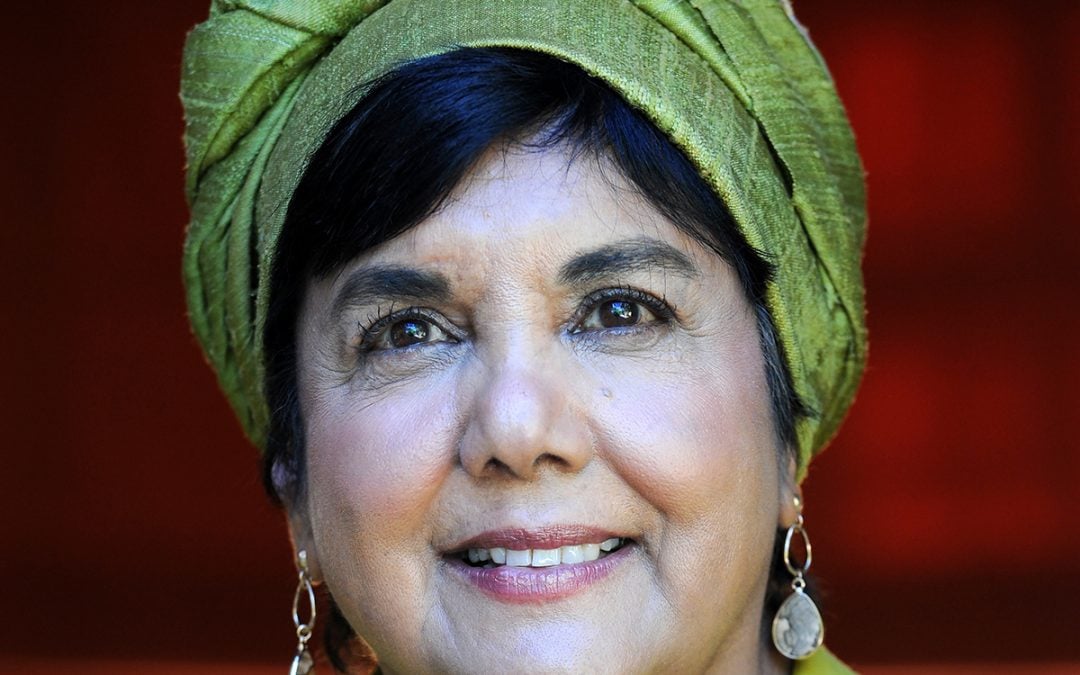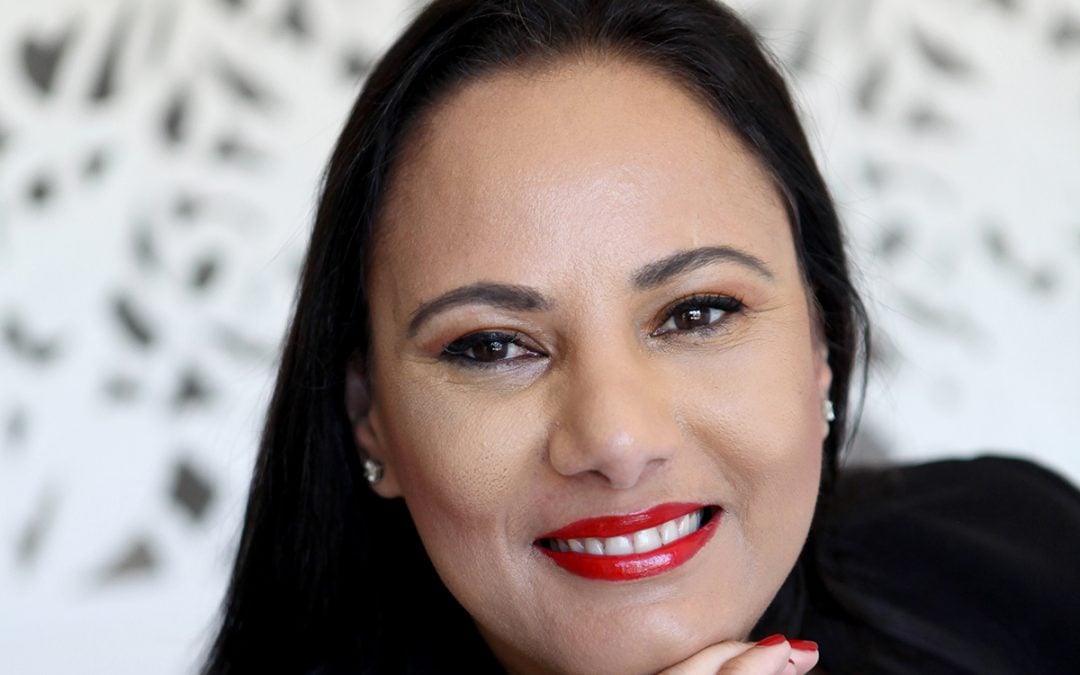Lindiwe Matlali is the founder and CEO of Africa Teen Geeks, the largest computer science non-profit organisation in Africa. The organisation aims to educate, inspire and equip young people with skills, resources and experience to pursue careers in science, technology, engineering and mathematics (STEM). Her organisation aims to close the opportunity gap through quality education, and has raised funds to develop a coding and robotics curriculum to be taught as a compulsory subject for grade R through to grade 9. Africa Teen Geeks launched their STEM Digital Lockdown School three days after the lockdown was announced last year, reaching over 500 000 kids with live online classes. Matlali is also the founder and CEO of Apodytes (Pty) Ltd, an award-winning software development company that specialises in software development and game development, 3D animations, and simulations for training in the defence, transportation, mining, aerospace and education sectors.
Matlali is the youngest of seven children and was raised by her grandparents after her mother passed away when she was four years old. Her grandfather valued education and encouraged Matlali and her siblings to pursue their dreams, and reiterated that if they stayed in school, they would forget that they were orphans. Taking her grandfather’s words to heart, Matlali attended the University of Cape Town and then proceeded to pursue qualifications at the University of the Witwatersrand, and Columbia and Stanford universities. She hopes to emulate her grandfather’s influence on her by exposing orphans and poorer children to opportunities in STEM by showing how education can transform their lives.
With access to opportunities being a pertinent class issue in South Africa, Matlali is determined to break the cycle of poverty and to encourage innovation among the youth of the country. Many kids do not choose STEM, not because they lack ability, but rather due to a lack of support and exposure. Matlali recognises the need to raise young people who think differently about economic growth and to help them realise that they are the answer to creating the Africa they want and deserve. With large corporations tending to care more about efficiency innovation, which means reducing jobs and relying on automation, Matlali hopes to inspire a generation that is self-reliant and well equipped to create jobs for themselves.
Recently, Matlali won the World Economic Forum/Schwab Foundation 2020 Social Innovator of The Year award, which highlighted the fact that her work makes a global impact. The chance to take part in this event with her hero and role model, Dr Marian Croak, was a proud moment for Matlali as she got to prove that Africa has the talent — “what we lack is opportunity”, she says.
She urges the youth of South Africa to never underestimate their dreams. For young women looking to follow in her footsteps, Matlali’s advice is to “work hard and be so good that it’s impossible for people to ignore you. If you don’t have the connections, what you have is your gift. It worked for me and I know it will work for all of you.”
Work hard and be so good that it’s impossible for people to ignore you.























